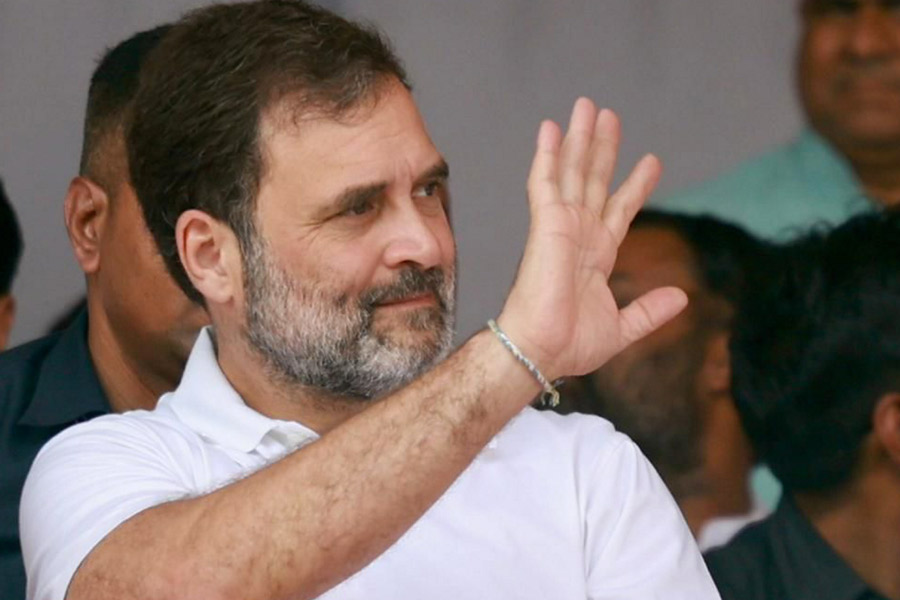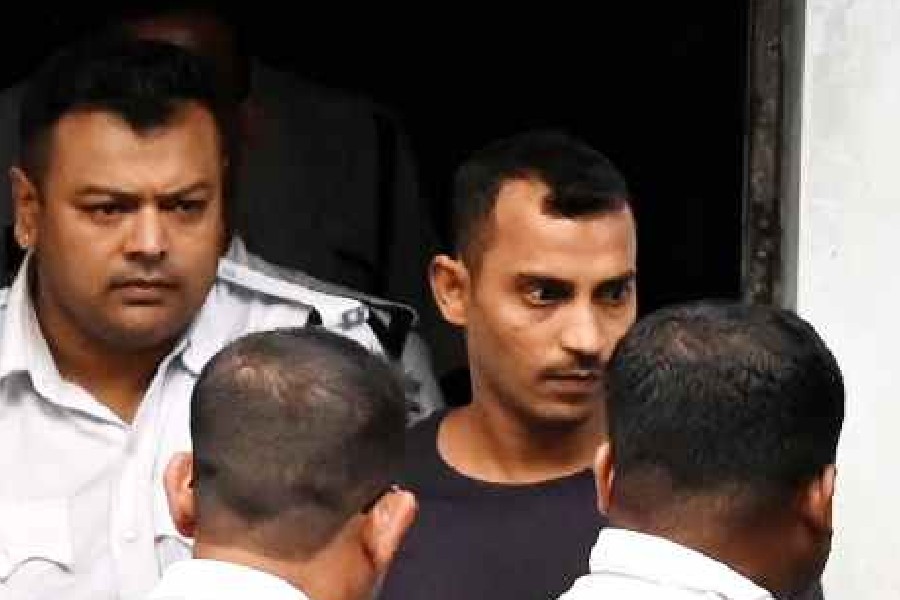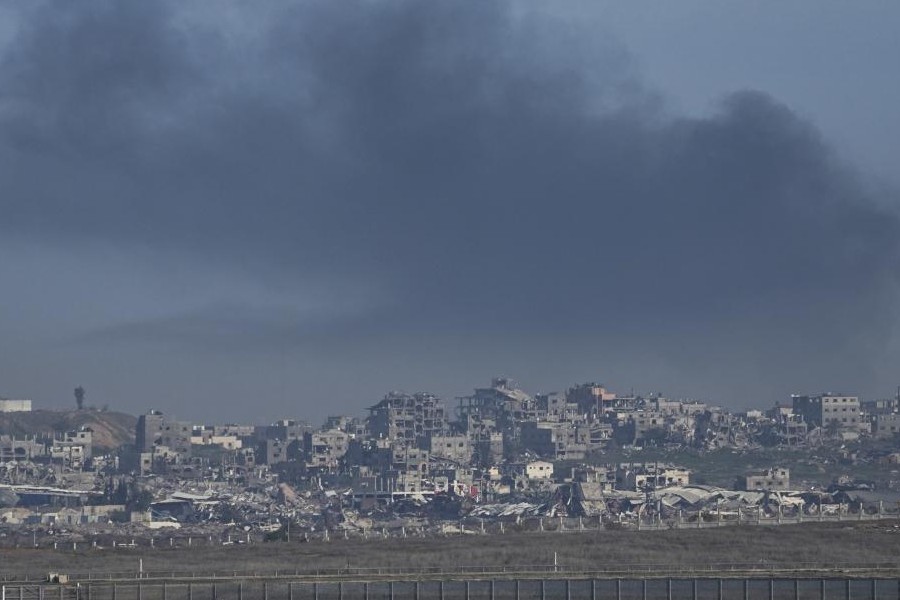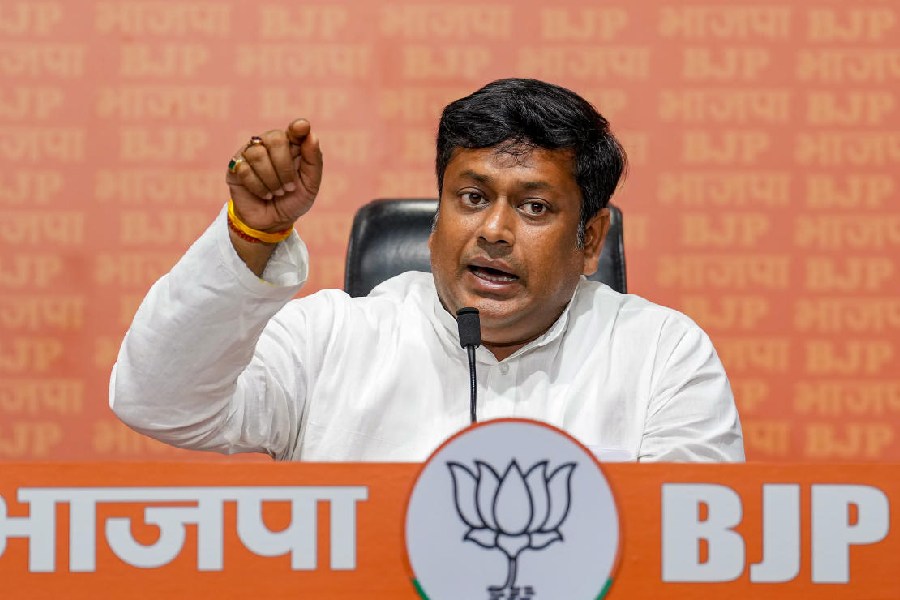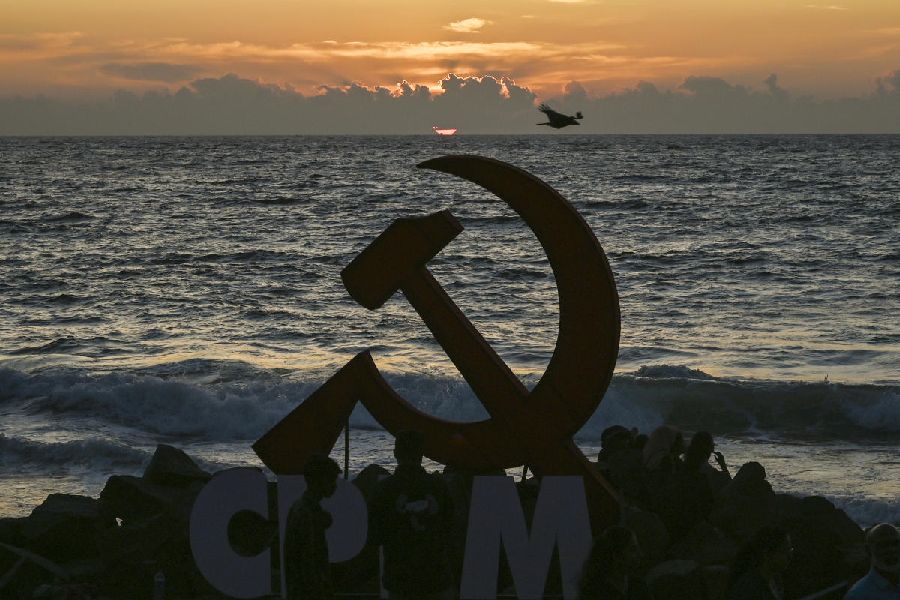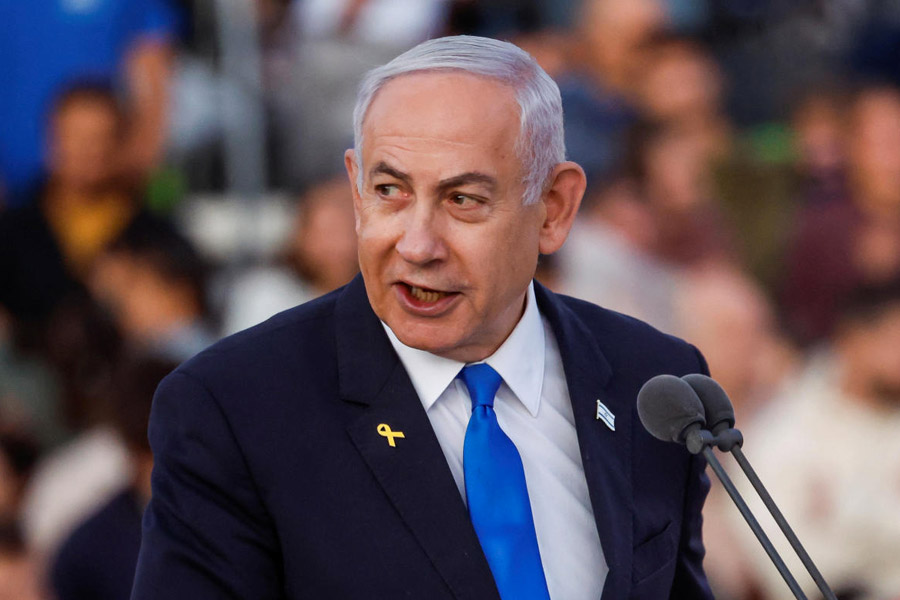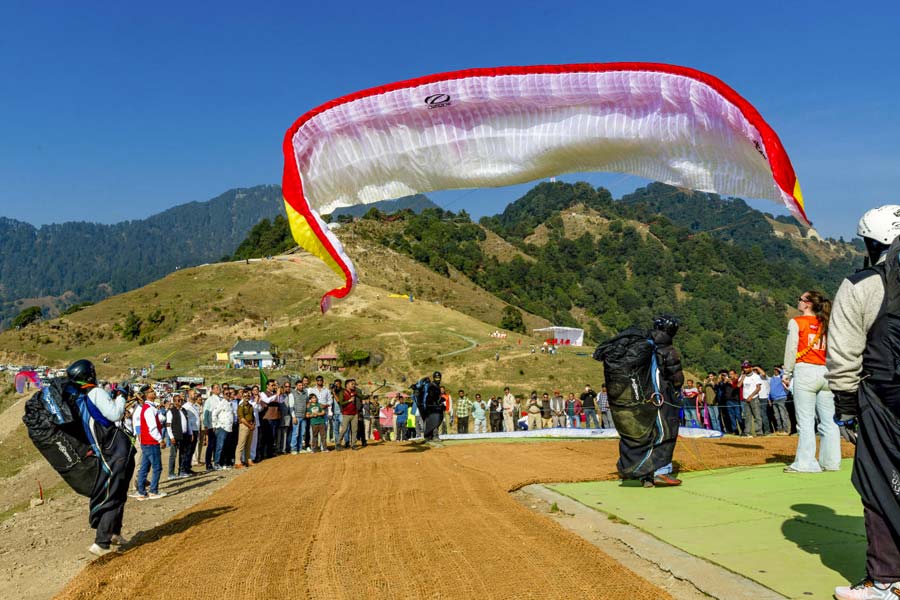In 2006, Manmohan Singh, then the prime minister, spoke at the National Development Council, saying that the first claim on resources must be of the minorities, including Muslims. He suggested that plans be so made that minorities were empowered by an equitable distribution of the fruits of development by virtue of their first right. He was talking of social justice, not of numerical preponderance, since he included Muslims among those sharing that right. The principle has evolved with the Congress and the INDIA alliance in the changed political situation. Rahul Gandhi and the Congress are insisting on a countrywide caste census; Mr Gandhi has also said that rights and benefits should be in accordance with each community’s share in the population. The first right principle is now a numerical one, which gains political point with Bihar’s recent caste census. Its results show that other backward classes and extremely backward classes make up 63% of the state’s total population. Mr Gandhi’s insistence would underline INDIA’s commitment to social justice together with public welfare. But it also raises a question: while there can be no denying the need to emancipate communities on the margins, would the introduction of a numerical edge open the possibility of a different kind of majoritarianism?
The prime minister is not keen on a caste census. Such an exercise accompanied by demands for proportional rights will not help the Hindutva cause; Yogi Adityanath, for example, might find it seriously inconvenient. In various speeches, the prime minister accused the Congress of sinfully dividing Hindus and devastating Bharat, apparently in cohorts with an unnamed foreign power, and also expressed a belated solidarity with minority religions since the numerically superior community would seize rights and benefits. That was a divisive twist given to the advocacy for minority empowerment. First right decided by numbers does carry a number of risks, but the Narendra Modi-led government’s espousal of majoritarianism and the flourishing of caste- and community-based violence under it tended to sap Mr Modi’s criticisms of credibility. He also redefined caste by claiming that for him the poor were the biggest caste who should have first right. Apart from the government’s dubious record of empathy for the poor — it hastily created an unconstitutional quota for them before the last Lok Sabha polls — Mr Modi seems to have forgotten that most underprivileged castes suffer from poverty. The Bharatiya Janata Party does not want a revival of Mandal politics. But by resisting the caste census, it has given the Opposition scope to employ the first right principle.

